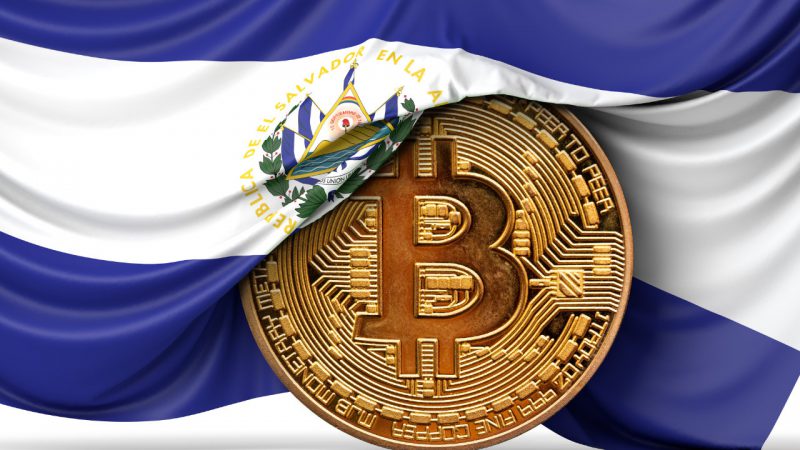On 7 September last year, the President of El Salvador gave Bitcoin an elevated status. The Central American nation officially adopted Bitcoin as legal tender, making the largest crypto an accepted means of exchange for goods and services. The entire crypto community celebrated the occasion with pomp and excitement.
The International Monetary Fund, however, kept raising question marks and remained skeptical about the same since the beginning. In what is the latest development, the financial body’s board members have urged El Salvador to renounce Bitcoin’s status as a legal currency.
READ ALSO: An Academician Says Bitcoin Mining Could Be Bad for El Salvador Economy
The IMF’s board members highlighted that BTC poses large risks. The official press release noted,
The adoption of a cryptocurrency as legal tender, however, entails large risks for financial and market integrity, financial stability, and consumer protection. It also can create contingent liabilities.
It outrightly also stated,
They [the Directors] urged the authorities to narrow the scope of the Bitcoin law by removing Bitcoin’s legal tender status.
Setting the context right
Last year, El Salvador sought a $1.3 billion loan from the IMF, but talks had been impeded thus far owing to the lender’s Bitcoin concerns.
The recommendation to strip Bitcoin of its status came in Tuesday’s statement, following bilateral discussions with El Salvador about its economy.
READ ALSO: Rio takes first steps towards Bitcoin and crypto
Well, El Salvador’s president Nayib Bukele has already established himself as a vocal proponent of the largest crypto. He has added hundreds of Bitcoin to the country’s balance sheet in recent months. In fact, on Friday, Bukele tweeted that he had bought another $15 million of “really cheap” BTC when the market was in dire straits.
Apart from the IMF, people from the space, including Peter Schiff, have time and again “warned” the president and advised him to steer away from Bitcoin.
If El Salvador decides to tread on its own path, then it would have to figure out some other backstop to bolster its finances. The IMF predicted that under its current policies, public debt would rise to 96% of GDP by 20216, putting the country on “an unsustainable path.”
READ ALSO: Where Will Bitcoin Be in 2025?
Thus, at this stage, not much can be told about whether or not El Salvador would be able to dodge IMF’s bullet.





